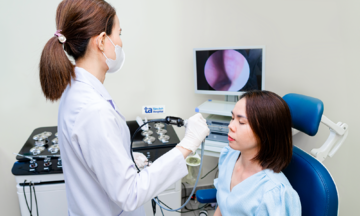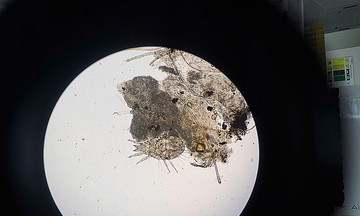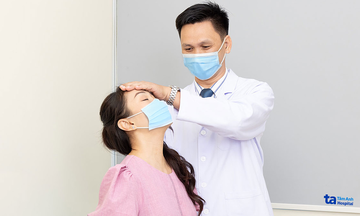Alcohol disrupts melatonin production. Melatonin is a hormone that helps regulate the sleep cycle. Low melatonin levels can make it difficult to fall asleep at night. Alcohol disrupts the production of this important hormone, making it harder for drinkers to fall asleep. Those considering melatonin supplements for better sleep should consult a doctor.
Alcohol can cause snoring. Drinking too much alcohol can lead to breathing disorders during sleep, including snoring, which can affect nighttime sleep. Snoring can reduce the body's oxygen levels, leading to heart and lung problems. This condition also increases the risk of high blood pressure, stroke, and heart failure.
Alcohol can worsen sleep apnea. Alcohol can exacerbate sleep apnea. It can relax the muscles in the tongue and throat, cause changes in the nasal blood vessels, and increase airway resistance in the nasal cavity. Alcohol also increases the likelihood of developing this condition in people with risk factors like being overweight or having enlarged tonsils. The combination of alcohol and sleep apnea creates dangerous effects on the body, reducing heart and lung function and causing daytime fatigue due to lack of sleep.
Alcohol disrupts the circadian rhythm. Drinking alcohol also reduces the body's sensitivity to signals like daylight and darkness, which trigger changes in body temperature and the release of the sleep-inducing hormone melatonin. Consuming alcohol too close to bedtime or drinking too much makes it difficult for the body to determine when to sleep and wake. It's recommended to avoid alcohol at least 3 hours before bed.
For quality sleep, establish a relaxing bedtime routine. Journaling, meditation, or a warm bath can help promote good sleep. Avoid using televisions, mobile phones, computers, or e-readers in the bedroom. The blue light from these electronic devices often suppresses melatonin production, disrupting the biological clock.
Keep the bedroom cool, dark, and quiet. Use curtains or blinds to block out light and maintain a regular sleep schedule to help your body adapt. Avoid stimulants like caffeine from coffee, tea, and soft drinks.
Le Nguyen (According to Sleep Foundation)
| Readers can submit nutrition questions here for doctors to answer. |












